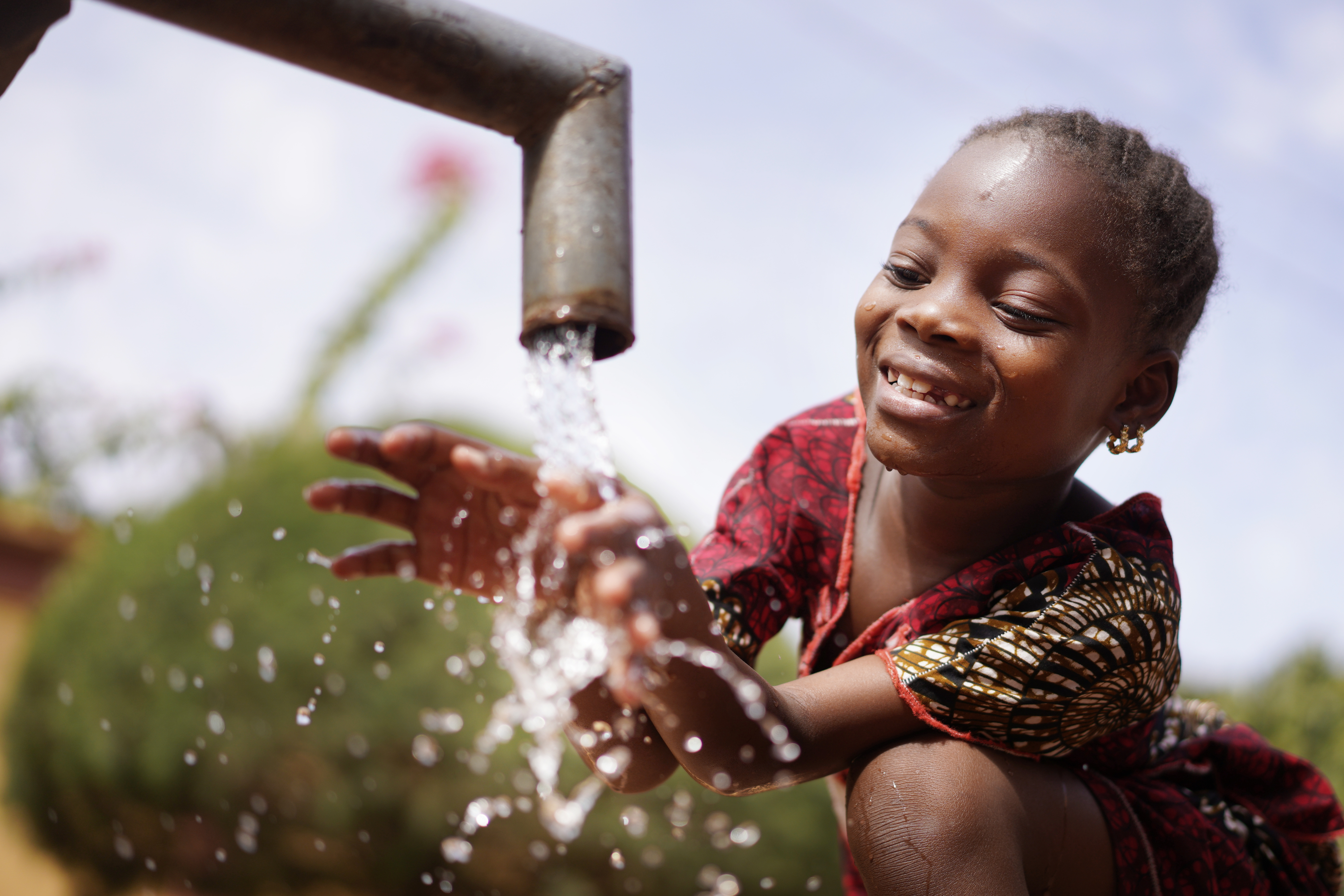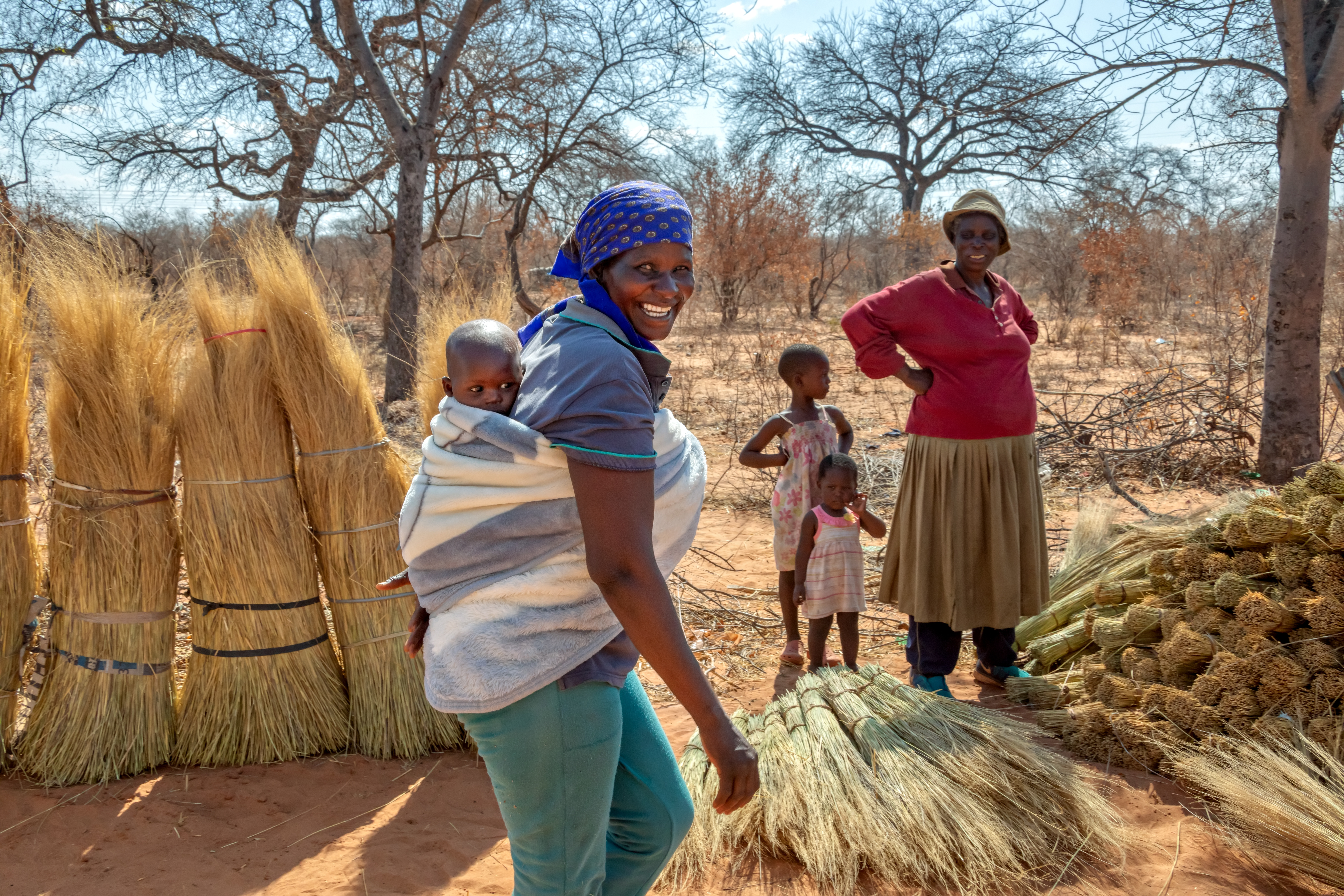Climate Effect

Climate changes the leading factor of poverty, hunger, and malnutrition in Africa.
Climate change is not only a challenge to the African countries but also a global menace. Climate change is a result of global warming caused by greenhouse gases, carbon dioxide emissions, and other poisonous gas emissions.
Why is climate change adverse on African countries?
Climate change strikes hard on developing countries. For instance, farming is the major economic activity in most African countries. Therefore, with climate change shocks, low yields will leave most farmers in hunger and poorer. For this reason, climate change leaves more Africans vulnerable, hungry, and susceptible to diseases. Therefore, to be able to alleviate poverty in Africa fully, climate change should be addressed.
Climate Change Fact Check by World Health Organization
According to WHO, if stringent measures are not taken to manage the impacts of climate change, it will result to:
- More than 100 million additional people will be pushed to live in Poverty by 2030.
- Crop yield losses could reach up to 5% in 2030.

Impact of Climate Change on the African Vulnerable Population
Agriculture is the backbone of most African countries; climate change directly impacts it. Also, about 50% of most African countries' GDP is attributed to agriculture.
Besides, the major economic activity of most Africans is farming, thus attributing to about 60% of the employment. Therefore, any climate change shock does affect not only the poor farmer but also the country's GDP. Thus resulting in accelerated poverty levels, hunger, malnutrition, and high dependency levels. Also, some diseases like malaria are favored by climatic changes. The breeding of mosquitoes is prevalent when there are climatic changes. Therefore, they will be at a high risk of contracting the disease any time there will be a climate change shock. Since there is a shortage of medicine in Africa, most people die of malaria, which is a treatable disease. Furthermore, when drought strikes areas like the Sub-Saharan countries, even clean drinking water becomes a problem. The people start drinking dirty and contaminated water. Therefore, they end up contracting diseases like diarrhea, cholera, or typhoid. We can therefore conclude that climate change is the leading factor in poverty. Climate change will reduce crop yields significantly, leaving the vulnerable farmers with little to no food to consume. The little food harvested from the farms is barely nutritional enough, thus resulting in malnutrition. There are several government interventions put in place to lessen the impact of climate change in many countries. However, the impact is still significant due to the lack of resources in the African countries. Adaptability to climate change calls for resources, up-to-date technology, and teaching farmers how to be resilient.

Our Role in Promoting Education
At Mercy Foundation, we believe that education is power. We advocate for education for all. We push for gender equality when it comes to educational opportunities. Education brings civilization; it opens doors to greater opportunities and is also one way of eradicating poverty. In Africa, education is not accessible to all. Due to the poverty levels, most children fail to join schools or drop out of school due to lack of school fees and basic necessities. Fact Check:
- In 2014, about 50 million girls in Sub-Saharan Africa were out of school, both primary and secondary, UNESCO.
- According to Global Education Digest, Africa has the highest rate of school drop-outs, with 42% of children’s dropping out of primary school.
- Build schools- kindergarten, colleges, universities, and research institutes
- Purchase books and other essential stationeries
- Sponsor poor children
- Provision of WASH (Water, Sanitation, Hygiene) facilities in schools.
Therefore, the Mercy Foundation is on the frontline advocating for education for all. Through your continued support we will;
